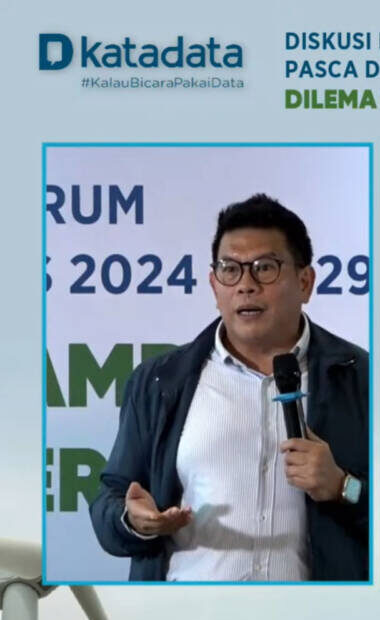Jakarta, January 26, 2024- Downstreaming has recently become a hot topic of discussion. This topic is strengthened along with the the presidential and vice-presidential candidates' emphasis on the downstream agenda. According to the Big Indonesian Dictionary (KBBI), downstreaming refers to the process of converting raw materials into finished goods.
Fabby Tumiwa, Executive Director of the Institute…

